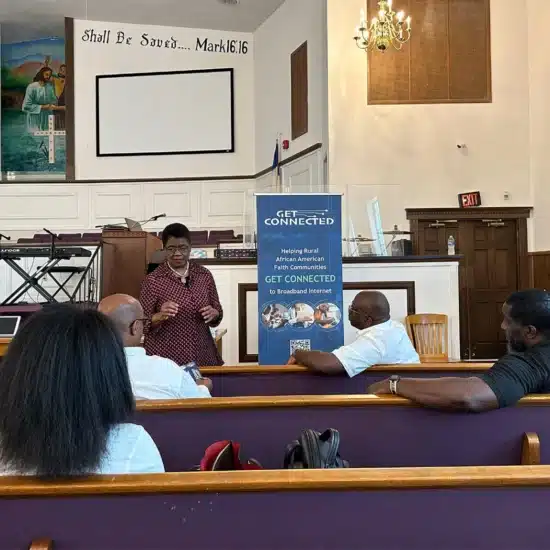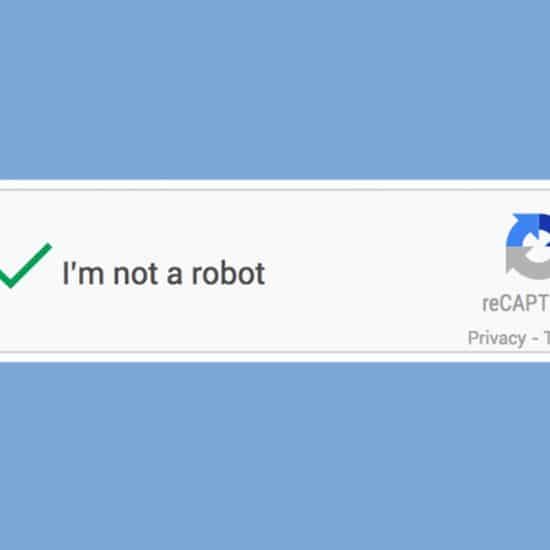Last year, writer Evan Ratliff and Wired magazine offered $5,000 to anyone who could find him in 30 days. He changed his appearance, told no one what he was up to and “disappeared” on Aug. 15.
Ratliff kept things interesting by leaving some misleading clues, along with a few traceable transactions. His paranoia grew as he monitored national online discussions among cybersleuths sharing data about him and his interests.
How hard is it to be totally “off the grid?” According to a Pew Research Center Internet & American Life Project report in May (tinyurl.com/pewsearch), 57 percent of people tracked their reputations online, while 46 percent used online searches to find information about people from their past. (Not to mention the 16 percent who have searched the Internet about people they were dating.)
What can you find out about yourself or others?
Search me! Try putting your name in the Google.com search engine (or Bing.com or Yahoo.com) and seeing what results return; 78 percent of people have done this a time or two.
Try searching your phone number, complete name, maiden name, online profile names, or perhaps even common misspellings of your name. When I did this, the fifth result had mangled my personal and job history. It turns out Intelius.com (the “world’s leading people search engine”), picked it up from another Ken on a webpage containing my bio. Other information was a similar mix of fact and fiction.
MIT’s Sociable Media Group hit upon a variation of an online search with Personas (personas.media.mit.edu), creating a data portrait based on how the Internet sees you. Depending on who shares your name, the results can be startling.
So who does share your name in the United States? The answer to that can be found by name-searching at HowManyOfMe.com.
Drop in. Services like Switchboard.com or WhitePages.com can help you find addresses and phone numbers. With an address, a mapping program allows you to actually see the location. I found Google Maps (maps.google.com) or the Google Earth download (earth.google.com) to be the best.
Mashing up these programs with data leads to other services:
• Fundrace.huffingtonpost.com lets you see area contributions to the last presidential race.
• Bundle.com compares your spending patterns to others of your age and location.
• Zillow.com and domania.com allow you to see what homes sell for in your neighborhood.
• Familywatchdog.us and criminalcheck.com map sex offenders by name or location.
Friends forever? Don’t take social media privacy settings for granted. The ACLU has an eye-opening application (apps.facebook.com/aclunc_privacy_quiz) to let Facebook members see what quizzes can share with others.
Share your computer? If so, whattheinternetknowsaboutyou.com shares your Internet footprints with other users.
Helps are available. PC World (tinyurl.com/PCWorldprivacy) alerts you to other privacy concerns, while Squidoo (tinyurl.com/personalID) has gathered services to hide your information. ReclaimPrivacy.org checks your Facebook privacy settings. Google Alerts (google.com/alerts) is another way to be notified when news or blogs mention your name.
Supply non-threatening answers to Google Profiles (google.com/profiles), along with a few odd ones (what’s your superpower?) and it helps you present yourself online. Similar to Facebook, you can also be contacted without revealing your e-mail.
With the information freely available on the Internet, it can be hard to hide. (Could Evan? Find out at tinyurl.com/WasHeFound.)
Ken Satterfield is advertising and marketing coordinator for Word&Way.




